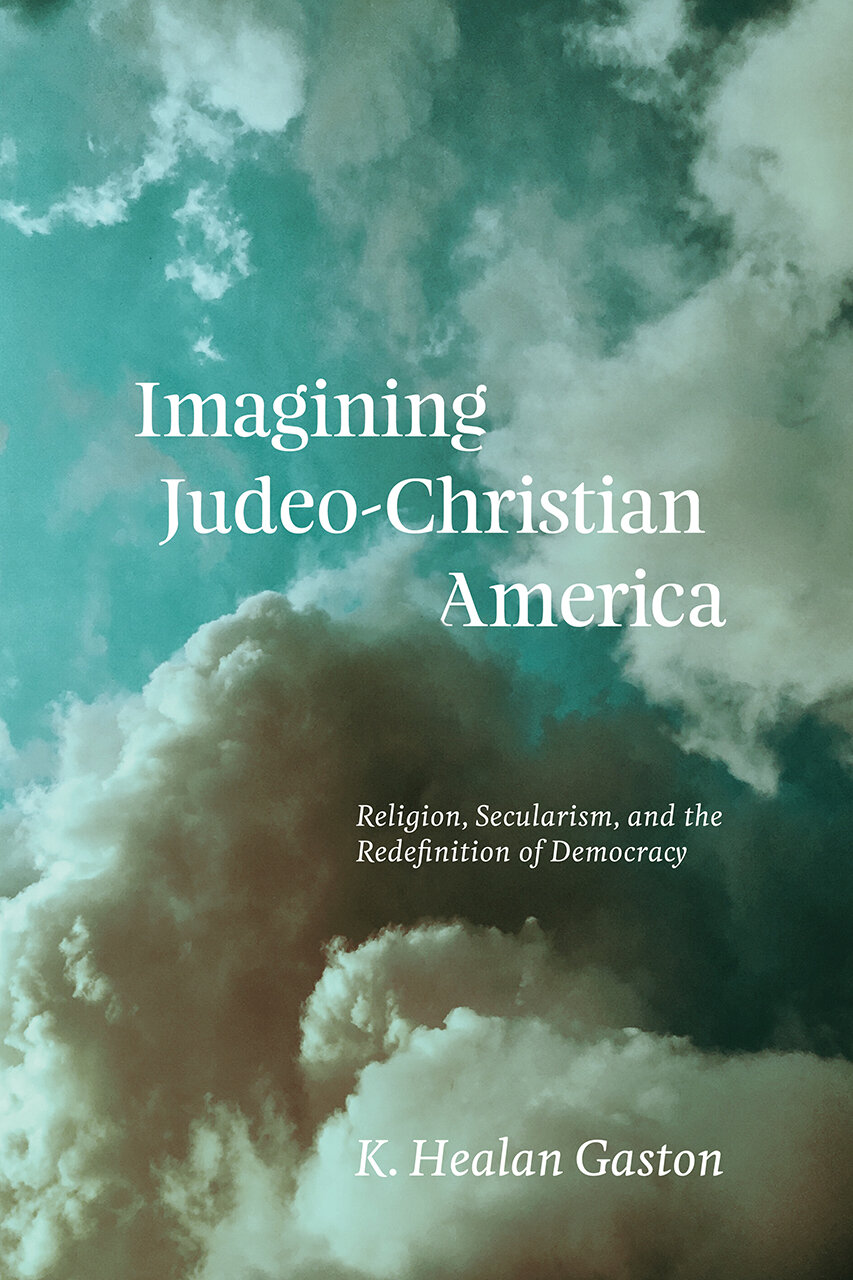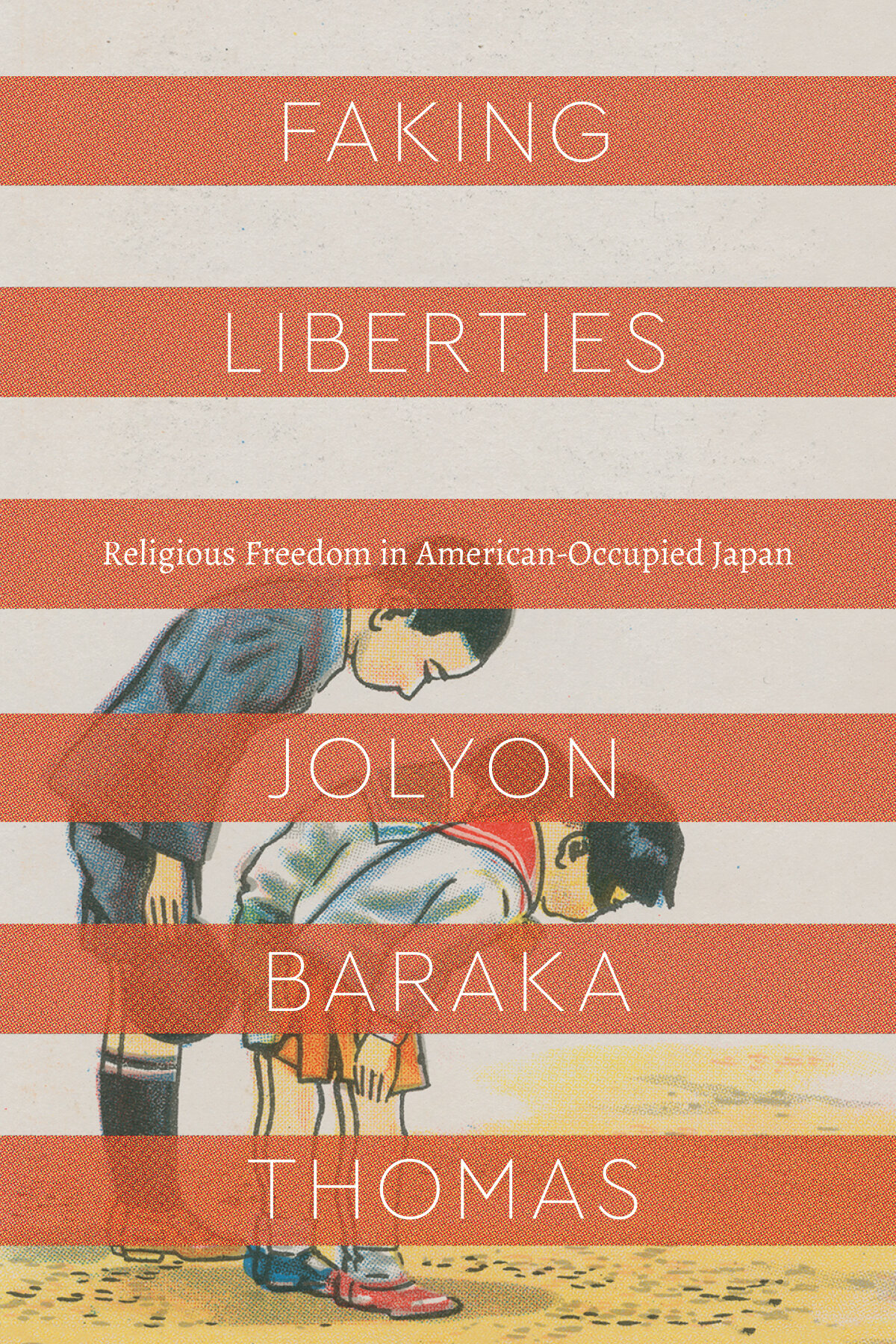Introduction: American Religion, Inside Out
by Jolyon Baraka Thomas
I was flying home from my parents’ place in the heartland when I cracked into K. Healan Gaston’s book Imagining Judeo-Christian America. I got to my assigned seat, opened the book, and didn’t look up once. I kept reading after I landed in Philadelphia, nose stuffed into the book even on the cab ride home. I didn’t stop until I had finished the last word, and I was so moved by the resonances with my own recently published Faking Liberties that I dashed off an email to a total stranger with the subject line “Your Wonderful Book.”
The convivial conversation that ensued from my effusive missive resulted in “Weaponizing Religious Authenticity,” a roundtable at the American Academy of Religion’s 2020 conference. But we wanted to expand our discussion beyond the confines of that paywalled Zoom webinar, so we reached out to several colleagues whose work also investigates the boundaries of US empire and the limits of religion and secularism. This collection of essays is one result.
Gaston begins the conversation by discussing how both of our books show that language can enforce unjust notions of religious authenticity. Highlighting how the word “authenticity” appears only once in Faking Liberties while the phrase “religious freedom” appears but once in Imagining, she shows that the books are nevertheless in close conversation on the topics of secularism, democracy, and their limits.
Sandra Park takes us to the Korean Peninsula during the time of the post-World War II Allied Occupation (1945-1948) and the Korean War (1950-1953). In the United Nations POW camps, Christian conversion and political naturalization became indistinguishable. Park shows how North Koreans’ refusals of repatriation, manifest in the form of petitions dramatically signed in blood, became emblematic of divine intervention for Korean and US American audiences alike.
John Grisafi also focuses on occupied Korea. Juxtaposing the putatively “Judeo-Christian” United States with allegedly “Confucian” Korea, Grisafi highlights how commonsense assumptions of what counts as non-religious inform domestic activity and foreign policy in both places. Although American occupiers’ disagreements about how to guarantee religious neutrality roughly mapped onto the “exceptionalist” and “pluralist” strains of Judeo-Christian discourse described by Gaston, ultimately they shared the presupposition that true democratization required religion.
Carleigh Beriont focuses on the Marshall Islands, a polity that shifted from Japanese to American imperial control in 1944. Building her analysis on a poignant TIME magazine article that narrated the political transition for eager American audiences, Beriont highlights the American conceit that practices of religious freedom under Japanese rule were illegitimate. Strikingly, the Marshallese were not considered truly free until they were subordinated to US military control.
Eric Stephen uses our books to consider scholarly method, building on Jason Ānanda Josephson-Storm’s concept of “reflexive religious studies.” What happens when scholars of religion appear not as dispassionate observers of social phenomena standing outside of history, but rather as historical actors pursuing specific agendas? Stephen uses this approach to investigate secularism not as a redescriptive scholarly term of art, but as a polysemous category deployed by a variety of historical figures who have been shaped by the term as much as they have shaped its use.
Finally, I consider Gaston’s project through the Japanese word kokutai (literally “nation-body,” a word that resonates evocatively with “constitution”). I suggest that this originally normative, explicitly exclusivist concept might be redeployed analytically to consider anew the position of the “Judeo-Christian” concept in American public life.
Collectively, these essays dovetail neatly with recent essays by scholars such as Kathryn Lofton and Kathryn Gin Lum that have ruminated on the relationship between history and religious studies. They also contribute to new work that interrogates differences in what counts as “religion” at home and abroad. They are thus part of an exciting new trend, exemplified by the American Religion project, that views American religion through its shadows, pursues it across national borders, and hears it sung in foreign tongues.
Jolyon Baraka Thomas is assistant professor and interim graduate chair in the department of religious studies at the University of Pennsylvania. He is the author of Drawing on Tradition: Manga, Anime, and Religion in Contemporary Japan (University of Hawaii Press, 2012) and Faking Liberties: Religious Freedom in American-Occupied Japan (University of Chicago Press, 2019). He is currently working on a third book titled Difficult Subjects: Religion and the Politics of Public Schooling in Japan and the United States (under contract with University of Chicago Press).


